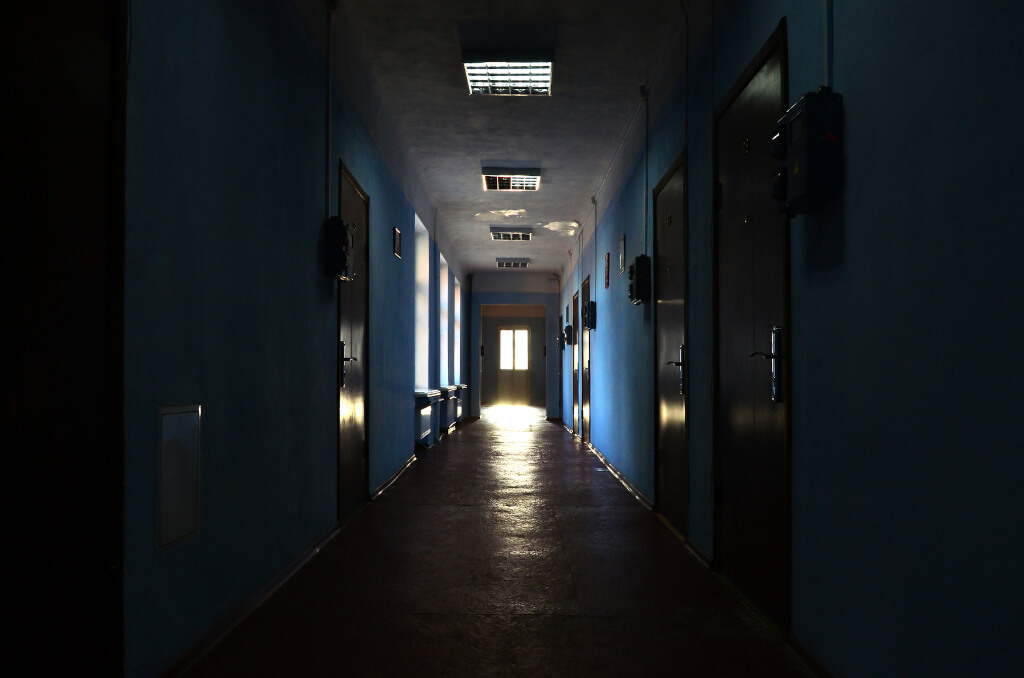The Pretoria High Court issued a historic ruling that would offer relief to millions: it ordered the government to exempt hospitals, clinics, schools, and police stations from load-shedding. The consequences of this ruling are far-reaching, as it protects residents’ access to basic services like healthcare, security, and education even amid a national power crisis.
What Does “Load Shedding” Mean?
It’s important to set the scene before exploring the ramifications of this High Court decision. Since 2008, when the government was initially informed about the diminishing generation capacity, load shedding, the systematic curtailment of electricity supplies, has been frequent in South Africa. The government was aware of the problems yet did nothing to fix them.
Eskom, the country’s main energy provider, has admitted that load shedding hurts human rights and causes human misery. South Africa’s education system has suffered greatly from load shedding over the years, especially in rural and township institutions. It also impeded operations in healthcare facilities, medical clinics, and police stations, which may have had dire consequences.
The Supreme Court Steps In to Protect Critical Infrastructure from Power Outages
In response to what they saw as ongoing violations of constitutional and statutory duties by the state, the United Democratic Movement (UDM), along with other opposition parties, non-governmental organisations (NGOs), and individuals, brought the subject to court. Their case demonstrated how load shedding violated people’s rights by having a major impact on essential services including healthcare, security, and education.
Judge Norman Davis spoke for the High Court in declaring these rights to be unqualified and fundamental under the Constitution. As a result, the court ordered that all public buildings, including hospitals, clinics, schools, and police stations, should be immune to the load shedding. To protect critical public services from power outages, this interim order must be carried out within 60 days.
Response from the Government: Hopes vs. Experiences
However, the court found that the government’s plans for dealing with load shedding were “uncertain” and wouldn’t meet “the urgent needs of the installations mentioned in the applicants’ application.”
The court’s order was rather broad, therefore it fell on the minister of public enterprises to make sure there was enough power to go around. This decision also empowers the minister to coordinate efforts among government agencies as needed.
The Future, Both Relieving and Challenging
Institutions such as schools, hospitals, and police stations in South Africa can breathe a sigh of relief after a favourable judgment from the High Court. These vital public services are necessary for the health and growth of society, therefore the possibility of uninterrupted power is exciting.
On the other hand, it presents a major obstacle for the government and Eskom, the electricity provider. The directive compels them to find a long-term answer to the power shortage, sparing critical services from the effects of load shedding.
This verdict is a win for the people of South Africa,” Mmusi Maimane, leader of the One South Africa Movement, told a local news agency. This decision protects the fundamental rights to quality education, health care, and a safe and secure environment. But it’s also a wake-up call to the administration to figure out how to fix the energy situation for good.
The government has the initiative now. It is unclear how the administration will handle this situation as time runs out before the 60-day limit. Hopefully, this verdict will be the catalyst for change that South Africans have been waiting for, putting an end to the load-shedding situation that has plagued the country for the better part of a decade.




